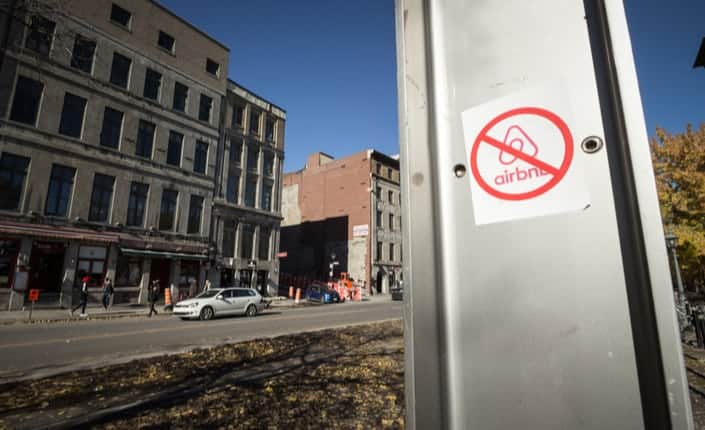
In August, a study came out that focused on the acute impact Airbnb has had on the NYC market when it comes to rent prices as determined by race, income, education, and location.
Sophie Calder-Wang, an assistant professor at the Wharton School at the University of Pennsylvania, used a mix of demographic data from the Census Bureau’s American Community Survey with a report by AirDNA on Airbnb listings in 2018. In her report, Calder-Wang asks some hard-hitting questions:
“An important feature of many sharing economy platforms is that services are produced by peers, rather than firms, and therefore can distribute gains directly to individuals. Therefore, the question is empirical: For New York City residents, does the welfare gain from home-sharing offset the welfare loss from increased housing costs? Moreover, how does the welfare impact differ across key demographic characteristics, such as income, education, race, and family structure?”
Calder-Wang found that NYC renters see a net loss of $178 million a year from rent increases. These increases come from units that have been shifted from long-term rentals to short-term rentals on listing sites. These losses aren’t just for the more poverty-stricken residents, either. Even white, high-income renters are feeling the effects.
In the report, she also sources that single-person households suffer bigger losses due to one-bedrooms being the more popular option on the short-term rental app.
The conclusion? Calder-Wang calls for regulation. In her report, she wrote:
“The entry of Airbnb provides a channel for the existing space to be used by the highest value bidder, but the total quantity restriction raises rents for everyone. Therefore, a reasonable alternative regulatory approach is to allow housing supply to expand more easily.”